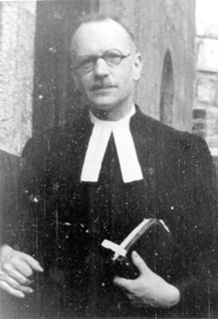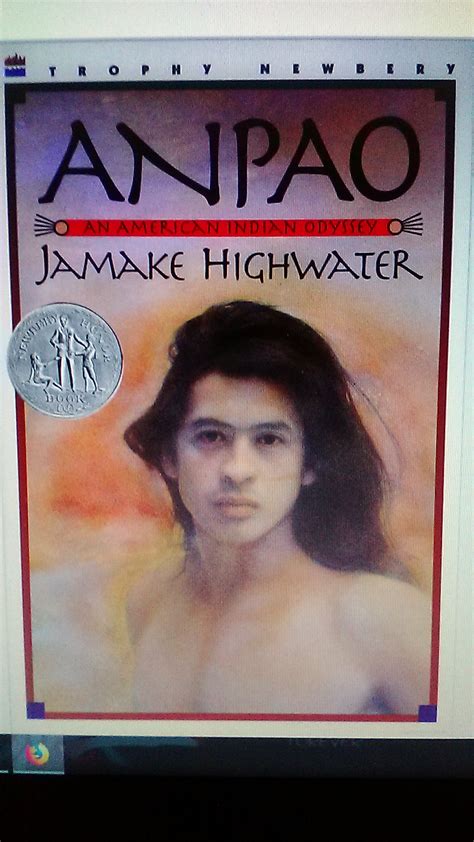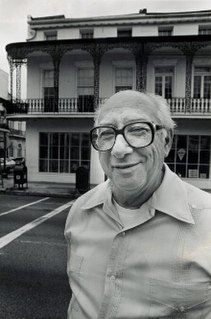A Quote by Kofi Annan
One has to learn from history. Quite frankly, it is almost impossible to have a sense of vision without a sense of history. If history is learned, then it doesn't have to repeat itself over generations.
Related Quotes
London' is a gallery of sensation of impressions. It is a history of London in a thematic rather than a chronological sense with chapters of the history of smells, the history of silence, and the history of light. I have described the book as a labyrinth, and in that sense in complements my description of London itself.
'London' is a gallery of sensation of impressions. It is a history of London in a thematic rather than a chronological sense with chapters of the history of smells, the history of silence, and the history of light. I have described the book as a labyrinth, and in that sense in complements my description of London itself.
Muslims naturally saw Christendom as their arch rival. One point that is really important to bear in mind, particularly in addressing an American audience, and that is that the Islamic world has a very strong sense of history. In the Muslim world, history is important and their knowledge of history is not always accurate but is very detailed. There is a strong historical sense in the Muslim world, a feeling for the history of Islam from the time of the Prophet until the present day.
History without the history of science, to alter slightly an apothegm of Lord Bacon, resembles a statue of Polyphemus without his eye-that very feature being left out which most marks the spirit and life of the person. My own thesis is complementary: science taught ... without a sense of history is robbed of those very qualities that make it worth teaching to the student of the humanities and the social sciences.
There's a lot we should be able to learn from history. And yet history proves that we never do. In fact, the main lesson of history is that we never learn the lessons of history. This makes us look so stupid that few people care to read it. They'd rather not be reminded. Any good history book is mainly just a long list of mistakes, complete with names and dates. It's very embarrassing.
The reason why you do history, and particularly why you do war, is that you want to make sure that in the next war, some lessons were learned. There's a saying: "History doesn't repeat itself, but it does rhyme." Or Ecclesiastes: "What has been will be again. What has been done will be done again." Human nature always superimposes itself - its strength and its frailty over the rush of chaos of ongoing events - and we can perceive patterns and themes and motifs.
It is not surprising that only one medieval state, Venice, long possessed anything clearly identifiavble as a navy in this sense. We shall see that no state in the British Isles attained attained this level of sophistication before the 16th century, and no history of the Royal Navy, in any exact sense of the words, could legitimately begin much before then. This book, which does, is not an institutional history of the Royal Navy, but a history of naval warfare as an aspect of national history. All and any methods of fighting at sea, or using the sea for warlike purposes, are its concern.
Families of privilege and money would have harps in their parlors, and their cultured daughters would learn to play. It's got such a strange history. But that wasn't the context that I learned it in, so the inherent friction between that history and the more humanist folk-y history wasn't in my conscience at all.
There is a palpable sense of history in the homes that I choose to occupy. I think that's one of the reasons I gravitate towards old homes: I really like that sense of history and that sense that I am one step in a very long process that trails out in both directions around me - before me and ahead of me.










































